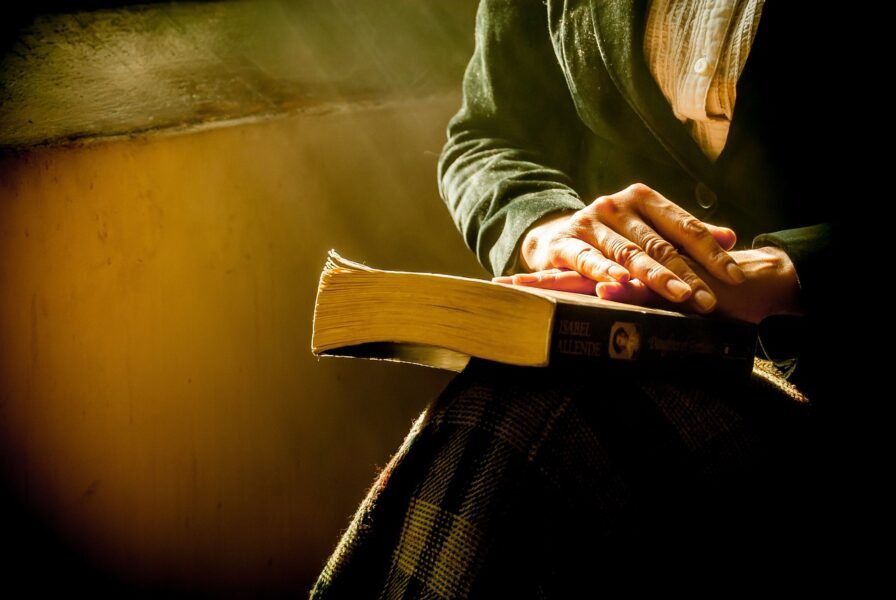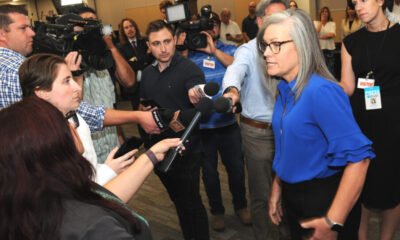chaplains
House Votes to Permit Chaplains in Public Schools

The Arizona House has passed Senate Bill 1269 with a narrow vote of 31-29, a measure that would permit chaplains in public schools. Proponents argue that this initiative will provide additional support amid persistent counselor shortages and counteract growing secularism in educational settings.
The bill allows — but does not mandate — school boards to invite chaplains from various faith backgrounds to offer support and programs to students. Parents will have a say in the process, as a list of participating chaplains will be made available. Advocates assert that the legislation is structured to prevent any form of religious proselytizing.
Opponents, however, argue that if parents seek religious guidance for their children, they can access it outside the school system. They note that private schools and houses of worship are available options, often supported by state-issued vouchers. Critics further contend that any perceived need for chaplains should be addressed through better funding for counselors and therapists in schools.
Supporters believe students stand to benefit from diverse perspectives. Rep. David Livingston, a Republican from Peoria, highlighted the struggles many students face, including drug abuse and self-harm. “This bill is not the solution to everything in life,” he stated, “but it could be part of the answer.” He emphasized that parents are calling for more ethics, discipline, and a spiritual presence in schools.
Additionally, Rep. Teresa Martinez echoed this view, suggesting that in addressing issues like suicide, a chaplain’s support may be more beneficial than conventional counseling. Significantly, Rep. Justin Olson expressed concern that the nation is leaning toward a form of secularism that resembles a state religion, asserting the necessity for children to experience faith in their lives.
Despite the bill’s eventual approval, not all Republicans supported it. Rep. Nick Kupper raised concerns that the bill extends beyond the traditional role of public education, emphasizing that schools have evolved substantially over the years. He argued that SB1269 may broaden the scope of what schools are meant to accomplish.
The bill awaits a final vote in the Senate before proceeding to the governor’s desk. While it aims to foster inclusivity by allowing chaplains of various faiths, the criteria for eligibility are stringent. Chaplains must be from local religious groups that meet monthly and adhere to specific organizational structures, potentially excluding atheist counselors preferred by some parents.
This legislative move has raised questions about parental rights and the potential overreach of religious influence within public education. Rep. Stephanie Simacek, a Republican from Phoenix, voiced her concerns, stating the bill could allow chaplains to impose their moral views on students.
Some legislators, like Rep. Nancy Gutierrez, highlighted the dire need for adequately funded trained professionals in schools. Arizona averages one counselor per approximately 600 students, a stark contrast to the national average of one per 250. Gutierrez criticized the bill for merely introducing volunteers who may not address students’ complex issues.
Furthermore, concerns have been raised regarding the legal obligations of clergy compared to that of school personnel. Rep. Stephanie Stahl Hamilton pointed out that clergy are exempt from mandatory reporting laws in cases of child abuse or neglect, posing significant risks in the school environment.
In contrast, Rep. Alexander Kolodin shared personal experiences to advocate for the bill, noting that having a chaplain from his faith could have provided crucial support during difficult times in his own school years.


















